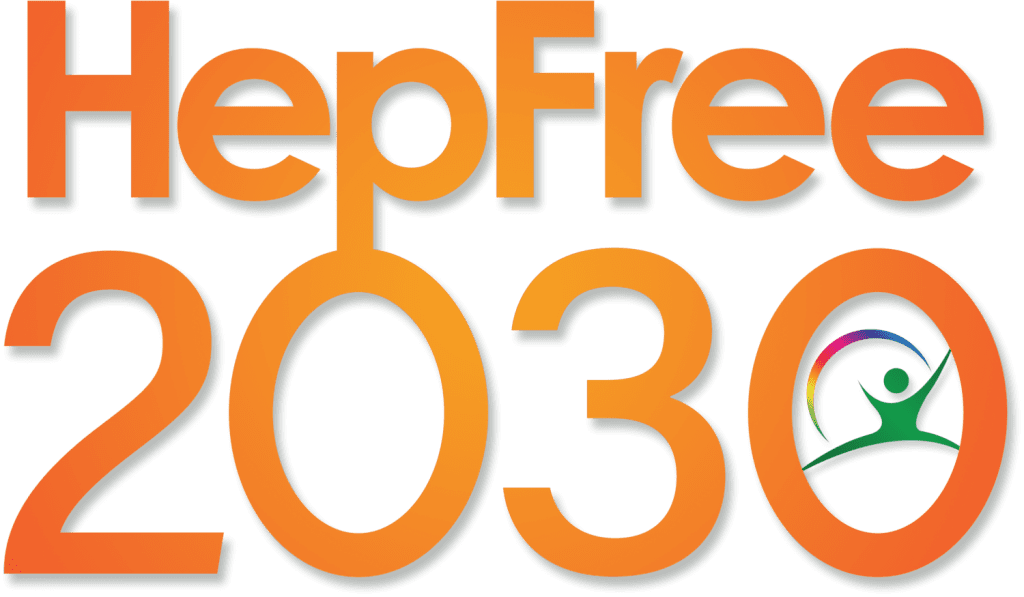Honolulu, Hawaiʻi – In the lead-up to World Hepatitis Day on July 28, the Hawaiʻi Department of Health (DOH) announced a renewed commitment to statewide viral hepatitis elimination during the Hawaiʻi Hepatitis Day 2025 Annual Meeting yesterday. This global awareness effort highlights viral hepatitis, a liver inflammation that can lead to severe liver disease, cancer, and death.
Hawaiʻi faces one of the highest rates of liver cancer in the country, largely attributed to hepatitis B and C infections. Death rates associated with hepatitis B are higher in Hawaiʻi compared to the rest of the United States, and hepatitis C has been linked to premature deaths in the state. Viral hepatitis disproportionately affects specific populations, including Asian and Pacific Islander people, sexual and gender minorities, people who inject drugs, unhoused individuals, and people who are or have been incarcerated.
A new measure, Act 114, signed into law by Governor Josh Green, M.D., on May 29, 2025, will expand viral hepatitis services across Hawaiʻi. Act 114 provides additional funding to the DOH, strengthening statewide efforts to increase awareness and access to essential hepatitis services, which include testing, immunizations, care coordination, and treatment.
“These new resources come at a critical point in the fight against viral hepatitis and put us on the path to eliminate viral hepatitis in Hawaiʻi by 2030,” said Timothy McCormick, chief of the DOH Harm Reduction Services Branch. He highlighted the achievement as an example of what can be accomplished when state agencies and community partners collaborate toward a shared goal.
The “Hep Free Hawaiʻi” coalition, formed in 2011 by the Hawaiʻi Health & Harm Reduction Center (HHHRC) and the DOH Harm Reduction Services Branch, comprises over 100 partners dedicated to increasing awareness of and access to viral hepatitis and harm reduction services. This public-private partnership developed a statewide plan to eliminate viral hepatitis by 2030. Act 114 acknowledges the progress made by Hep Free Hawaiʻi and provides new state funding to advance these elimination efforts.
Heather Lusk, HHHRC executive director, expressed support for the State’s commitment. “Hawaiʻi now has greater resources and infrastructure to implement what we know works: evidence-based interventions grounded in equity, compassion and care,” Lusk stated. “We are incredibly heartened and proud that our state is committed to implementing effective public health policy.”
HHHRC serves Hawaiʻi communities by addressing the harm and stigma associated with HIV, hepatitis, homelessness, substance use, mental illness, and poverty, particularly focusing on disproportionately affected populations such as those living with HIV, hepatitis, and substance use, and the transgender, LGBQ, and Native Hawaiian communities.
More information about the Hawaiʻi hepatitis elimination strategy is available at www.hepfreehawaii.org/hep-free-2030.

